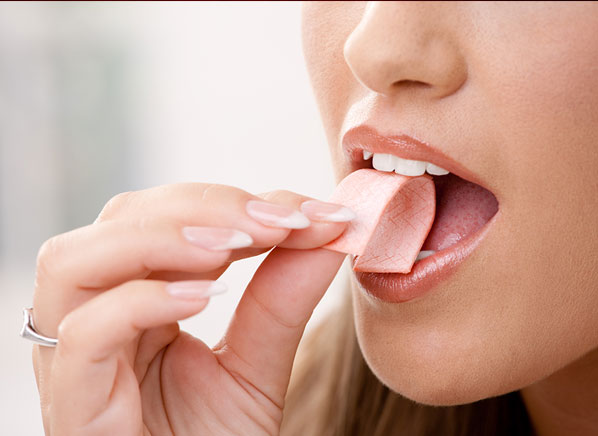
There has been a lot of discussion about xylitol lately. You
may wonder what it really is. Xylitol mainly consists of ingredients extracted
from birch trees and corn cobs. It is mainly regarded as a sugar substitute
which essentially provides dental health benefits. Now, it may seem interesting
to you that something sweet can actually provide you with oral health benefits
and that too in such a way that even your dentist is talking about it.
The way xylitol can help in cavity prevention
A very few people know that dental caries tend to occur due
to a specific infection which is caused by a type of bacteria called Streptococcus
mutans. This particular type of bacteria feeds on sugar in order to release an
acid which contributes in the erosion of tooth enamel, cavities, gum disease
and, eventually, tooth loss. Having that said, it would be worth mentioning how
xylitol can help in prevention of cavities.
- The properties of xylitol make it indigestible for bacteria. It means that bacteria will not be able to thrive in the oral environment if there are the remains of xylitol present in the mouth.
- Lower pH level encourages the growth of bacteria. With xylitol, the overall pH level increases. As a result, the bacterial presence is restricted.
- With xylitol’s help, the calcium levels are increased in saliva. This content of calcium helps in the building and rebuilding of tooth enamel.
According to American Academy of Pediatric Dentistry, there
needs to be the consumption of 3 – 8 grams of xylitol on daily basis if you
want to achieve its benefits.
On the flip side, there are some conflicting reports about
xylitol and its effectiveness. So, there are some facts you may need to know if
you are considering switching to the use of xylitol in place of sugar.

Facts you need to know
- Although xylitol naturally occurs in fruits and vegetables, it is highly processed material. Hardwood birch trees remain to the best sources of xylitol.
- Although xylitol is the best substitute of sugar, it is not completely free of calories. Thus, people with diabetic conditions might need to consult their health physicians before use xylitol.
- Like other types of sugars, xylitol can also lead to gastrointestinal disorders. When xylitol enters into the body, it releases water into the GI tract, leading to gas trouble, bloating and diarrhea. So, it is recommended for the people with IBS to avoid consuming xylitol. Moreover, you need to start slowly with the consumption of xylitol in order to let the body get used to this new ingredient.
Although xylitol is known for providing protection against
cavities and other dental health conditions, you need to make sure that you are
taking good care of your oral hygiene from every other possible ways.
No comments:
Post a Comment